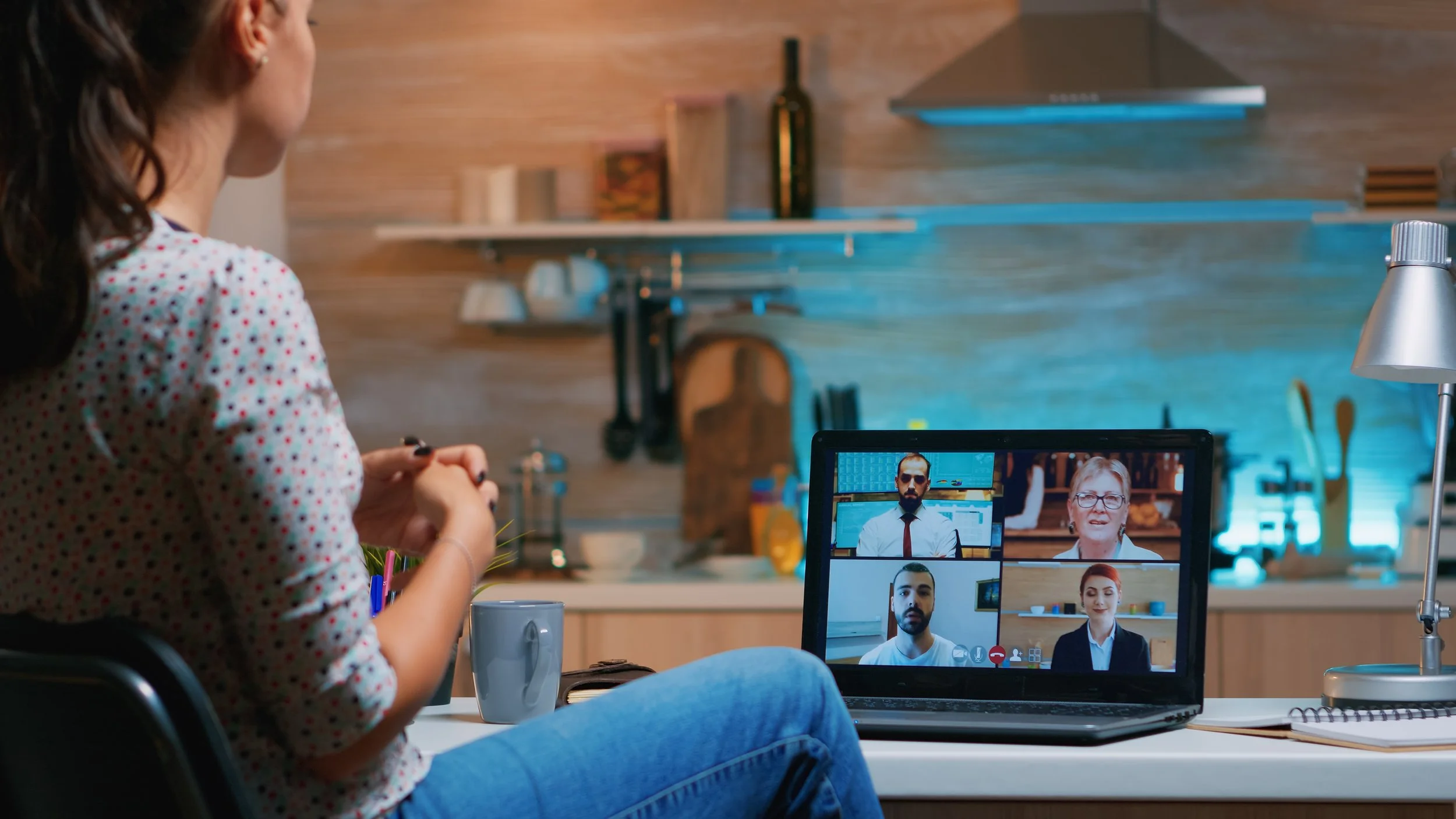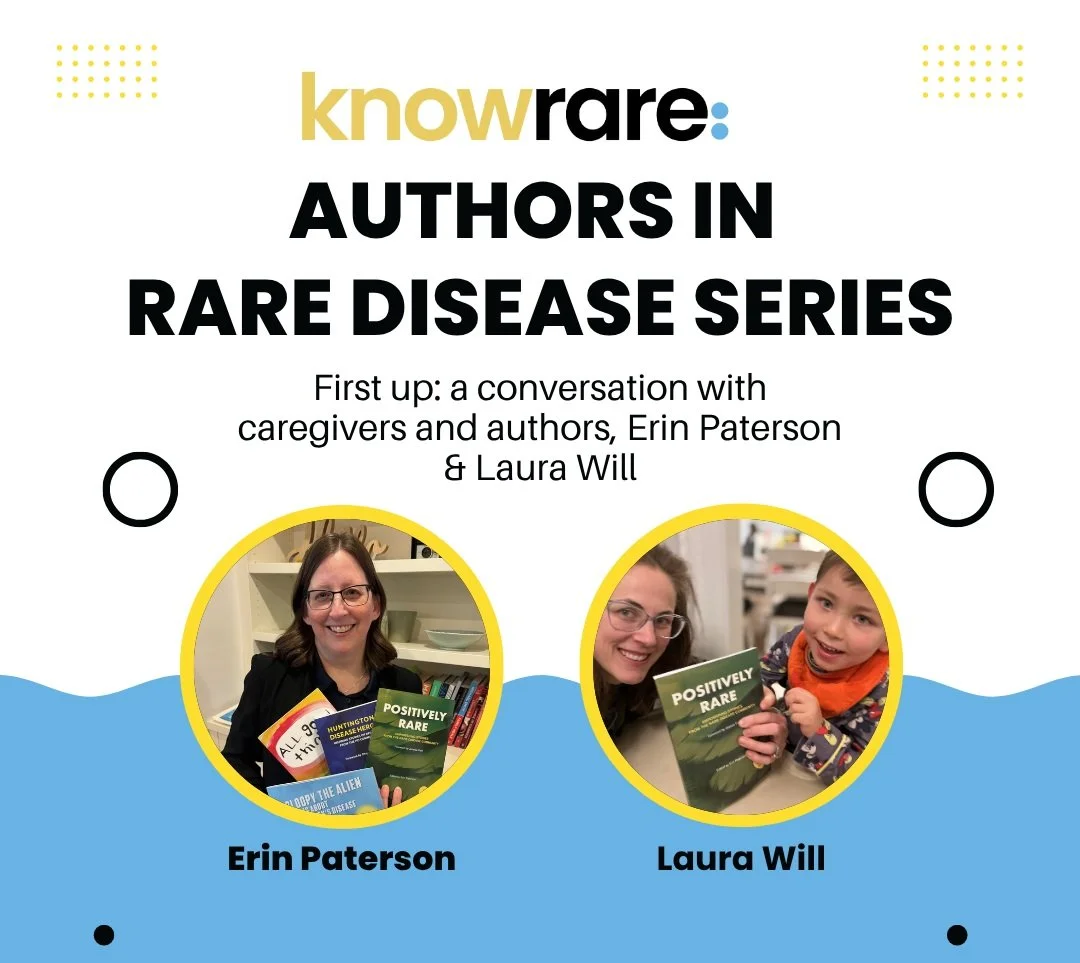The Rare Resiliency Toolbox
Uni Neha, Rare Disease Advocate
By Uni Neha, a rare disease advocate who shares her go-to strategies for coping with the ups and downs of rare disease.
As a community advocate for the Rare Advocacy Movement, Uni Neha has a passion for guiding others in their rare disease journey.
That’s because Uni was familiar with the complexities of living with a rare disease long before she became an advocate. She lives with two known genetic conditions – Ehler-Danlos Syndrome and Lebers Hereditary Optic Neuropathy Plus – both of which went undiagnosed for decades. For many years, she suffered from symptoms such as neurological pain, vision loss, migraines, and nonstop pain. “In childhood, I was always sick and had surgeries and injuries,” Uni says. “I didn’t even know I had a rare disease until a few years ago when I underwent genetic testing.”
Uni draws on a variety of resiliency resources daily to cope with the debilitating effects of her disease. She also juggles being a mother and caregiver to her children and a caregiver to her mother with her professional advocacy. She manages it all with an honest, authentic, beautiful, and generous outlook.
We sat down with Uni recently to talk about her resiliency routine and to hear her advice for others who are looking for new resources to support their well-being. Even as she candidly described her ongoing pain and vision issues, she offered encouragement to others. She embodies strength, determination, wisdom, and perseverance. Here are her biggest tips for building your rare resilience:
1. Perspective is Everything.
“The biggest gift I can give to anyone in terms of advice is that perspective is everything. You can be the richest person and have everything you ever wanted and still be unhappy because there’s something missing from your life,” Uni says. Take a step back and discover that thing that brings you joy, she advises. Whether it’s family, love, spiritual nurturing, or social support—focus your perspective there.
2. Be Your Own Biggest Supporter.
“When I was sick as a kid, I couldn’t be around my friends,” Uni recalls. “Through isolation, I learned how to be comfortable with solitude, at peace with my mind, and how to be a strong support to myself.” Social support is essential to our well-being as humans, she notes, but first and foremost, we have to be our own biggest supporters and advocate. Solitude puts us in touch with our inner voice and intuition. Learn to trust your intuition, she says.
3. Embrace Progress Over Perfection.
There’s no cure yet for Uni’s disease, and every day brings a new constellation of pain and symptoms. To cope with that, Uni suggests embracing the small steps forward, whether it’s doing research and gaining new knowledge about your condition, finding treatments that help relieve the symptoms, or developing daily routines that help move you forward in a meaningful way.
4. Build Your Rare Resiliency Toolbox.
Uni has developed a toolbox of sorts, full of strategies and habits that bring her comfort and relief. “Every day I meditate,” she says. “This helps me put mind over matter and face the unknowns of the day.” Other tools she uses? Yoga, herbal tea, soothing music and sound therapy, spiritual practices, and holistic remedies complement her medical treatments. While she notes that these tools help her, you may need to experiment to discover what helps you best. “All of our journeys are different, and that’s what makes it beautiful,” she says.
Like many who live with rare diseases, Uni’s journey is ongoing. Every day is a lesson in resilience and trial-and-error as she tunes into her symptoms and deciphers what her body needs. “In the past two years, and especially this year, there’s been several days where I’ll go blind; things will go black, and then my vision will come back,” she says. “So, I’ve had to embrace the unknown. As overwhelming as it is, I’m not going to let it stop me.”
In the meantime, she seeks more knowledge and treatments that can help not only herself but others who are living with a rare disease.
“I hope one day we can get more genetic testing. I’m a big believer that genetic testing should be standard and accessible to everyone. It should be part of our regular healthcare screenings.”
In addition, Uni says, she wants to encourage others to trust in the process of research, so that more can be known and understood about rare disease.
“The only way for us to evolve as the human race is by bringing forward the truth of our existence,” she says. “We gain a lot by sharing our stories.”
To learn more about ongoing research for rare diseases, contact us.
About Rare Resiliency:
Rare Resiliency is a monthly column written and/or curated by Laura Will. This column explores the concepts and skills that play a protective role against chronic and acute stress. Each article challenges and encourages the reader to continue to develop that inner steadying strength as they face illness and uncertainty, sorrow and joy.































